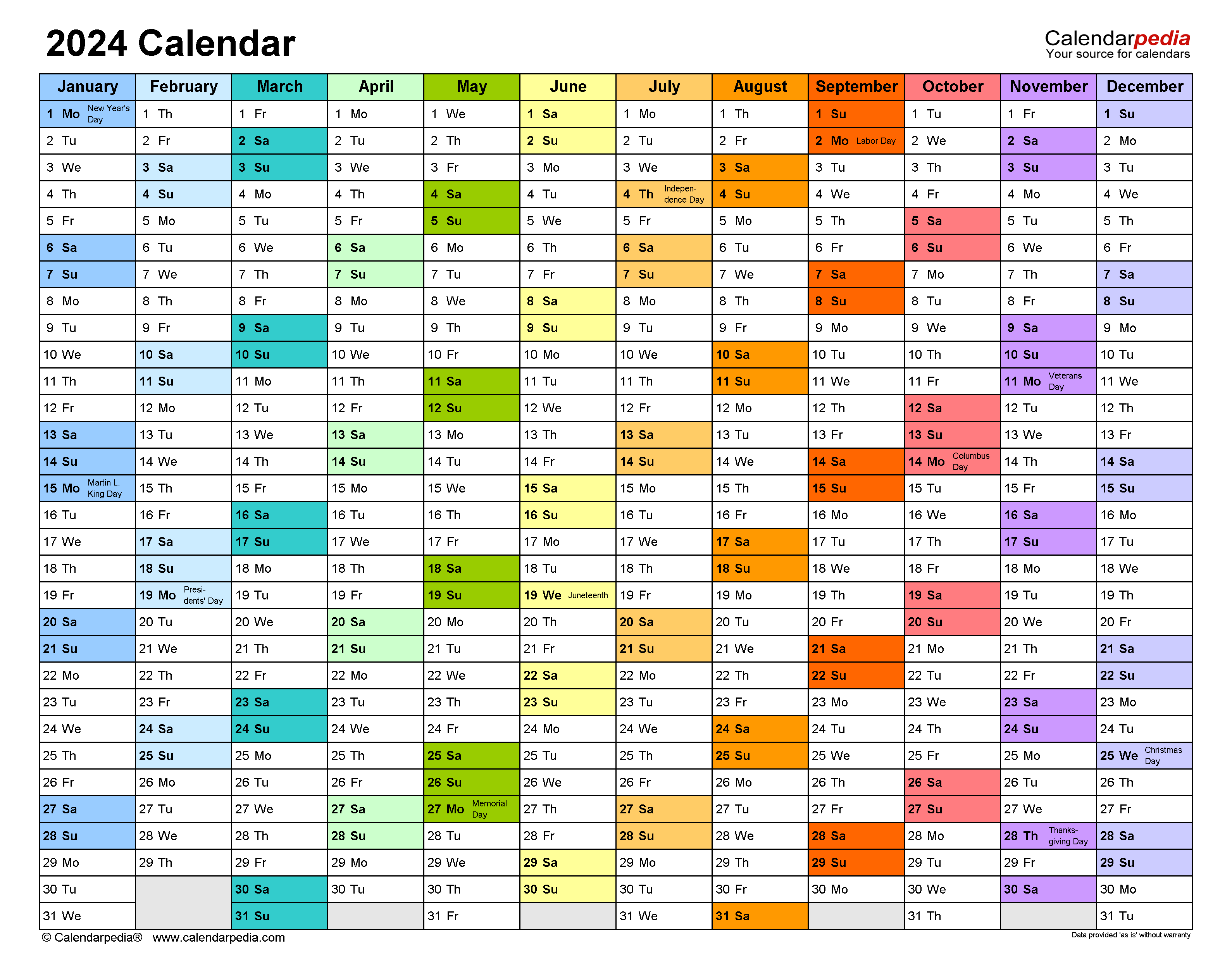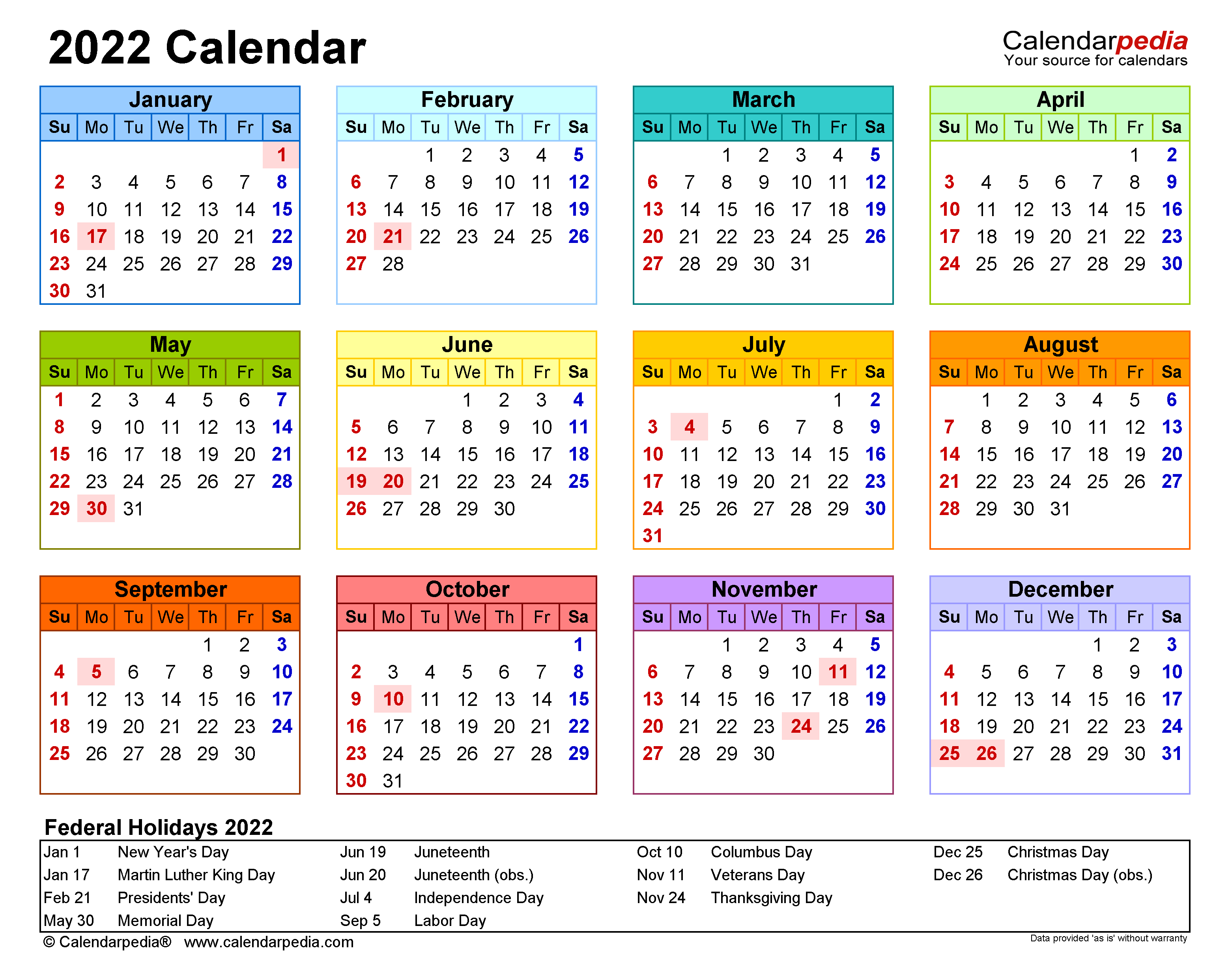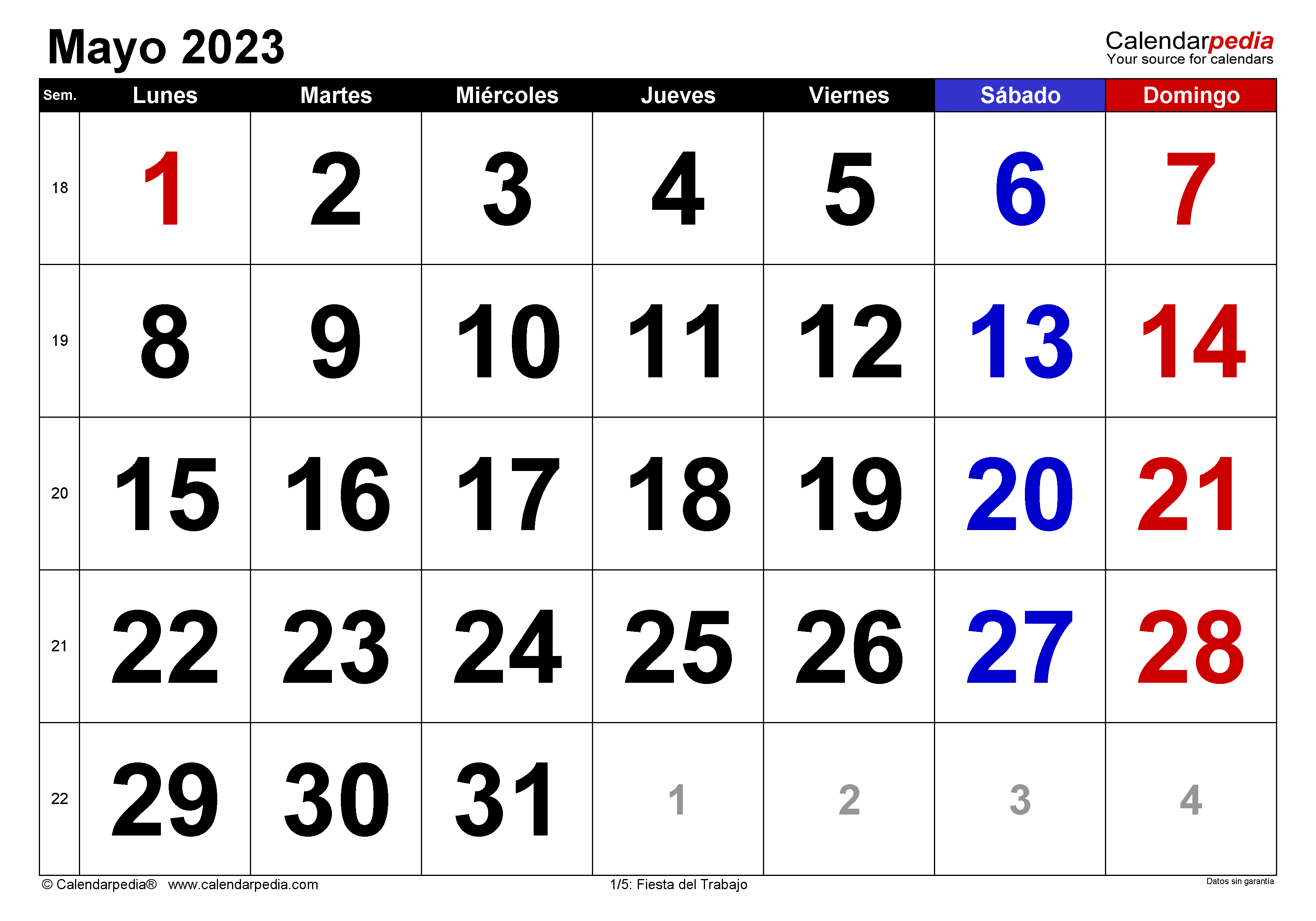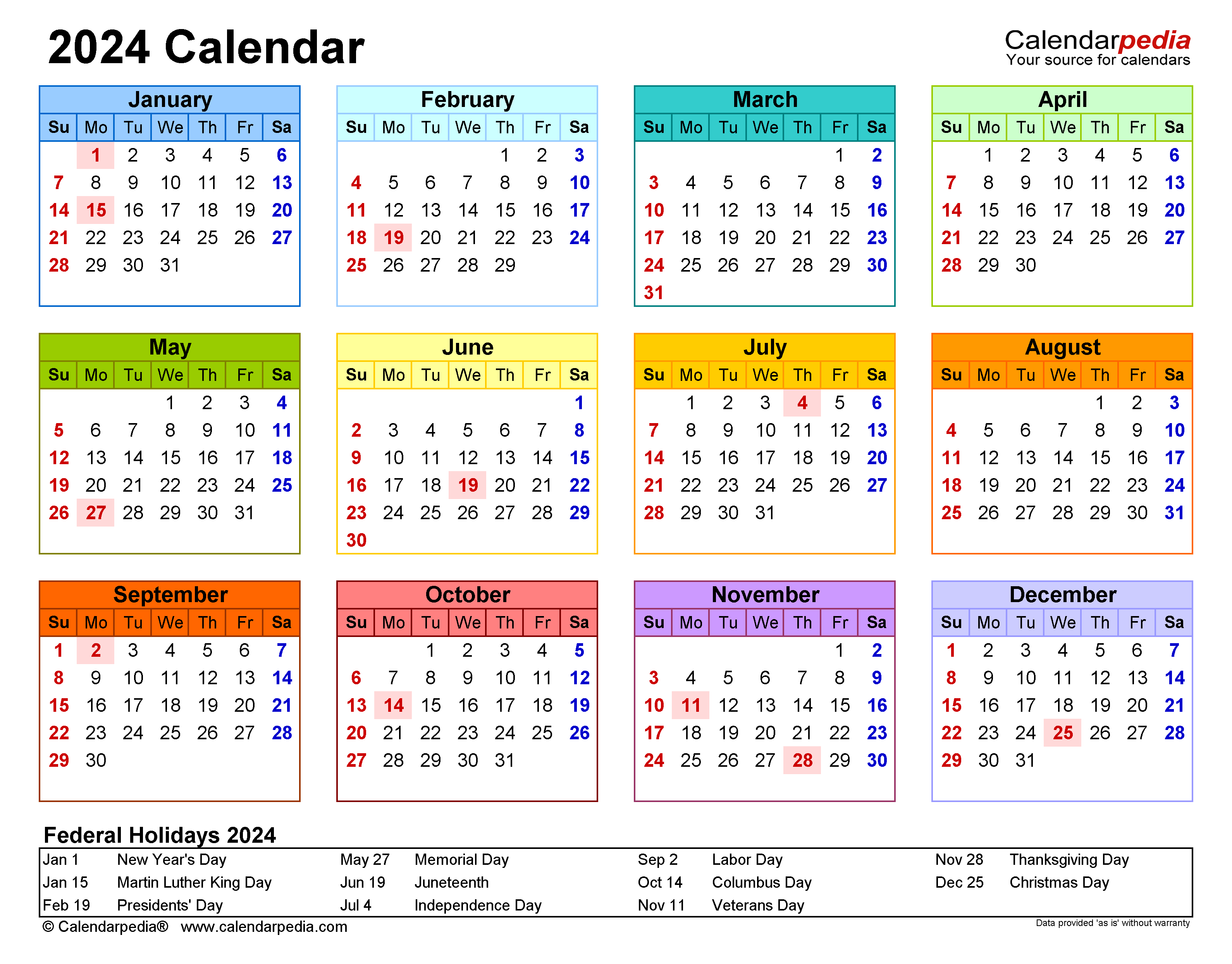Calender pedia – Calendarpedia, a comprehensive exploration of the fascinating world of calendars, delves into the history, types, and applications of these essential tools for organizing our lives. From ancient civilizations to modern technology, calendars have shaped human history and continue to play a crucial role in our daily existence.
This journey through the world of calendarpedia will unveil the intricate tapestry of timekeeping systems, revealing the diverse approaches to measuring and understanding time across cultures and throughout history. We will explore the evolution of calendar systems, from the earliest lunar and solar calendars to the Gregorian calendar that dominates our modern world.
Definition and History

Calendarpedia, a neologism born from the fusion of “calendar” and “encyclopedia,” signifies a comprehensive and systematic repository of knowledge about calendars and their intricate relationship with time, culture, and human civilization.
Origin and Evolution of the Term “Calendarpedia”
The term “calendarpedia” emerged in the late 20th century, driven by the growing need for a structured and accessible resource to encapsulate the diverse facets of calendar systems. It signifies a shift from viewing calendars solely as practical tools for timekeeping to recognizing their profound cultural and historical significance.
The term reflects the burgeoning interest in the intricate tapestry of calendar systems, their evolution, and their profound impact on human societies.
Definition of “Calendarpedia”
A calendarpedia encompasses a vast array of information, encompassing the origins, evolution, and diverse applications of calendar systems across cultures and civilizations. It delves into the historical, cultural, religious, and scientific aspects of calendars, exploring their intricate connections to astronomical phenomena, societal structures, religious practices, and human perceptions of time.
Historical Context of Calendar Systems
Calendar systems have been an integral part of human civilization since the dawn of recorded history. The earliest calendars, often based on lunar cycles, emerged in ancient Mesopotamia and Egypt, serving as essential tools for agricultural planning, religious ceremonies, and societal organization.
The development of solar calendars, with their focus on the Earth’s revolution around the Sun, marked a significant advancement in our understanding of time and its relationship to celestial phenomena.
“Calendars are not merely systems of timekeeping; they are reflections of the human quest to comprehend and order the cosmos.”
Carl Sagan
Calendarpedia in Practice
The theoretical framework of Calendarpedia, as discussed previously, finds practical application in various domains, enriching our understanding of time and its intricate relationship with human experience. It serves as a powerful lens through which we can examine the diverse ways in which calendars shape our lives.
Applications in Education
Calendarpedia offers a valuable tool for educators seeking to engage students in a deeper understanding of history, culture, and the development of timekeeping systems. By providing a comprehensive framework for analyzing calendars, students can explore the cultural, social, and religious contexts that have shaped their evolution.
- In history classes, Calendarpedia can be used to illustrate the impact of different calendar systems on civilizations, such as the shift from lunar to solar calendars or the adoption of the Gregorian calendar.
- In cultural studies, students can explore the symbolism and meaning associated with different calendar traditions, including festivals, holidays, and rituals.
- In mathematics, Calendarpedia can be used to teach concepts such as time measurement, units of time, and the calculation of dates.
Applications in Research
Researchers across various disciplines, including anthropology, sociology, and history, find Calendarpedia a valuable resource for exploring the intersection of time, culture, and human behavior.
- Anthropologists can use Calendarpedia to study the relationship between calendar systems and social organization, cultural practices, and belief systems.
- Sociologists can use Calendarpedia to analyze the impact of calendar systems on social interactions, work patterns, and leisure activities.
- Historians can use Calendarpedia to reconstruct past events, analyze historical trends, and understand the cultural context of historical documents.
Applications in Business
Calendarpedia provides valuable insights for businesses seeking to optimize operations, manage resources, and enhance customer engagement.
- In project management, Calendarpedia can be used to create realistic timelines, manage deadlines, and track progress.
- In marketing, Calendarpedia can be used to identify key dates and events for promotional campaigns and to tailor marketing messages to specific cultural contexts.
- In human resources, Calendarpedia can be used to manage employee schedules, plan leave, and ensure compliance with local regulations.
Key Features of Calendarpedia

A “calendarpedia” is a sophisticated system designed to integrate the functionality of a traditional calendar with the depth and breadth of an encyclopedia. It’s more than just a tool for scheduling; it’s a comprehensive knowledge repository woven into the fabric of time.
The Core Components
The core components of a “calendarpedia” system work together to create a dynamic and informative experience. They are:
- Calendar Interface:This is the user’s primary point of interaction, allowing them to navigate through time and view events. It’s visually appealing and intuitive, providing a clear overview of daily, weekly, and monthly schedules.
- Encyclopedia Database:This vast repository holds a wealth of information, including historical events, cultural celebrations, scientific discoveries, and more. It serves as the backbone of the “calendarpedia,” providing context and enriching the calendar experience.
- Cross-Referencing Engine:This powerful engine seamlessly connects events on the calendar to relevant information in the encyclopedia database. It allows users to explore historical contexts, cultural nuances, and scientific breakthroughs associated with specific dates.
- Personalization Engine:This component empowers users to tailor the “calendarpedia” to their individual needs and interests. It allows them to customize the information displayed, set reminders, and create personal notes associated with specific dates.
Conceptual Model
A conceptual model can help visualize the relationships between different parts of a “calendarpedia” system:
Calendar Interface Calendarpedia’s a right good shout for finding out when’s the best time to visit places, innit? You can find loads of info on all sorts of destinations, like theme parks, and even get the lowdown on crowd levels. If you’re planning a trip to Volcano Bay, you should deffo check out the volcano bay crowd calendar – it’ll tell you when it’s gonna be packed, so you can avoid the queues.
Once you’ve got the dates sorted, Calendarpedia can help you find the best deals on flights and accommodation too, so you can get the most out of your trip.
→ Cross-Referencing Engine→ Encyclopedia Database
↑ Personalization Engine
This model illustrates how the calendar interface acts as the user’s entry point, connecting them to the encyclopedia database through the cross-referencing engine. The personalization engine allows users to customize their experience, further enriching the interaction with the “calendarpedia.”
Calendarpedia and Technology

The advent of technology has revolutionized the way we interact with time, and calendarpedia is no exception. From the earliest digital calendars to the sophisticated AI-powered systems of today, technology has played a pivotal role in shaping the evolution and application of calendarpedia.
Software and Digital Tools
The development of software and digital tools has enabled the creation and management of calendarpedia systems. These tools provide a user-friendly interface for creating, editing, and sharing calendar data. They also offer features like reminders, notifications, and synchronization across multiple devices, enhancing the functionality and accessibility of calendarpedia.
Software applications like Google Calendar, Outlook Calendar, and Apple Calendar have become ubiquitous, offering a platform for individuals and organizations to manage their schedules and events.
Innovative Technologies
Emerging technologies are transforming the field of calendarpedia, offering innovative solutions for time management and event planning. These technologies are pushing the boundaries of what is possible, enabling a more efficient and personalized experience.
- Artificial Intelligence (AI):AI algorithms can analyze historical data and user preferences to predict future scheduling needs and suggest optimal time slots for events. This can help users avoid scheduling conflicts and optimize their time.
- Natural Language Processing (NLP):NLP enables users to interact with calendar systems using natural language, allowing for voice-based calendar creation and management. This simplifies the process of scheduling and reduces reliance on traditional interfaces.
- Internet of Things (IoT):IoT devices can integrate with calendar systems to automate tasks and provide context-aware scheduling. For example, a smart home system can automatically adjust the lighting and temperature based on an upcoming event in the user’s calendar.
Cultural and Societal Impacts
The intricate dance between culture, society, and the passage of time is a mesmerizing spectacle. Calendarpedia, as a multifaceted system for understanding and navigating time, has profoundly influenced these interconnected elements. It’s not just about dates and events; it’s about the very fabric of human experience.
Influence on Social Norms and Traditions
Calendarpedia plays a pivotal role in shaping social norms and traditions. It provides a framework for organizing collective activities, from religious observances and festivals to agricultural cycles and social gatherings. For instance, the Gregorian calendar, with its fixed dates for Christmas and Easter, has become deeply ingrained in Western culture.
The influence of Calendarpedia extends to shaping our understanding of time, influencing our work schedules, holidays, and even the rhythm of our lives.
Impact on Different Cultures and Communities
The impact of Calendarpedia varies across different cultures and communities. Some cultures have developed elaborate calendar systems that are intricately woven into their religious beliefs, social structures, and artistic expressions. For example, the ancient Mayan calendar, with its intricate cycles and astronomical alignments, held immense cultural significance for the Mayan civilization.
In contrast, other cultures may have adopted a more simplified calendar system, often influenced by external factors like trade or colonization. The influence of Calendarpedia is a reflection of the diversity of human experience and the ways in which societies have chosen to structure their relationship with time.
“The calendar is a powerful tool that shapes our perception of time and influences our social interactions. It’s a reflection of our values and beliefs, and it plays a crucial role in shaping our cultural identity.”
Future Directions and Trends
The field of calendarpedia, as a burgeoning discipline, holds immense potential for future growth and evolution. Emerging trends and advancements in technology are poised to shape the future of calendarpedia, impacting its development, application, and societal relevance.
Emerging Trends and Advancements
The future of calendarpedia is intertwined with advancements in technology, particularly in the areas of artificial intelligence (AI), data analytics, and the Internet of Things (IoT).
- AI-Powered Calendar Systems:AI algorithms can analyze vast amounts of data from historical calendars, cultural practices, and user preferences to create personalized and intelligent calendar systems. These systems can predict future events, optimize scheduling, and provide tailored recommendations based on individual needs and preferences.
- Data Analytics and Calendar Insights:Data analytics tools can extract valuable insights from calendar data, revealing patterns and trends that can be used to improve decision-making, resource allocation, and strategic planning. For instance, analyzing historical calendar data can help businesses identify seasonal trends and adjust their marketing strategies accordingly.
- Calendar Integration with IoT Devices:The integration of calendars with smart devices and IoT platforms will revolutionize how we interact with time. Imagine calendars that automatically adjust to real-time traffic conditions, weather forecasts, and personal schedules, providing seamless and personalized experiences.
Potential Impact of Emerging Trends
These trends will significantly impact the development and application of calendarpedia in various domains.
- Enhanced User Experience:AI-powered calendar systems will provide users with personalized and intuitive experiences, simplifying scheduling, reminders, and event management.
- Improved Efficiency and Productivity:By leveraging data analytics and automation, calendar systems can optimize workflows, improve resource allocation, and boost productivity in various sectors, including business, healthcare, and education.
- New Applications and Opportunities:The integration of calendars with IoT devices will open up new applications and opportunities in fields like smart cities, transportation, and healthcare. For example, smart cities can use calendar data to optimize traffic flow and resource management, while healthcare providers can leverage calendar systems to improve patient scheduling and appointment management.
Challenges and Opportunities
While the future of calendarpedia holds immense promise, it also presents certain challenges and opportunities.
- Data Privacy and Security:As calendar systems become increasingly integrated with personal data, ensuring data privacy and security becomes paramount. Robust security measures and transparent data handling practices are essential to maintain user trust.
- Ethical Considerations:The use of AI and data analytics in calendar systems raises ethical concerns about bias, discrimination, and the potential for misuse. It is crucial to develop ethical guidelines and frameworks to ensure responsible and equitable use of calendar technologies.
- Interoperability and Standardization:As calendar systems become more complex and interconnected, ensuring interoperability and standardization becomes crucial for seamless data exchange and integration across different platforms and devices.
Illustrative Examples
The abstract concept of a “Calendarpedia” can be made more tangible through concrete examples. By examining various calendar systems and visualizing the structure of a Calendarpedia system, we can gain a deeper understanding of its potential applications and implications.
Calendar Types and Key Features, Calender pedia
The diversity of calendar systems across cultures and civilizations reflects the human need to organize time and track events. This section presents a table showcasing various calendar types and their key features, highlighting the wide range of approaches to timekeeping.
| Calendar Type | Key Features | Examples |
|---|---|---|
| Solar Calendar | Based on the Earth’s revolution around the Sun; typically has 365 days | Gregorian Calendar, Julian Calendar |
| Lunar Calendar | Based on the Moon’s cycle; typically has 12 lunar months | Islamic Calendar, Hebrew Calendar |
| Lunisolar Calendar | Combines solar and lunar cycles; typically has 12 lunar months with intercalary months added to synchronize with the solar year | Chinese Calendar, Hindu Calendar |
| Perpetual Calendar | A calendar that can be used for any year without requiring adjustments | Various perpetual calendar designs |
| Calendar of Events | A calendar that focuses on specific events or activities, often used for planning and scheduling | School calendars, event calendars, project timelines |
Visualizing a Calendarpedia System
A “Calendarpedia” system can be envisioned as a multi-layered, interconnected structure that integrates various calendar types and their associated information. This diagram illustrates the core components of a Calendarpedia system:
Central Hub:A central repository that stores data from various calendar systems, including dates, events, cultural significance, historical context, and related information. Calendar Modules:Specialized modules dedicated to specific calendar types, such as solar, lunar, lunisolar, and perpetual calendars. Each module would contain specific data and functionalities relevant to its calendar type.
Interconnectivity:The system would allow for seamless integration between different calendar modules, enabling users to cross-reference information and explore connections between different timekeeping systems. User Interface:A user-friendly interface would provide access to the system’s functionalities, allowing users to search, browse, compare, and analyze calendar data.
Benefits and Drawbacks of Calendarpedia in a Specific Context
Imagine a “Calendarpedia” system being implemented in a museum dedicated to the history of timekeeping. This section Artikels the potential benefits and drawbacks of such an application:
Benefits:
- Comprehensive Understanding of Timekeeping:The system would provide a comprehensive overview of different calendar systems, fostering a deeper understanding of the evolution of timekeeping practices.
- Interactive Learning Experience:Visitors could engage with the system through interactive displays and simulations, gaining a hands-on experience of different calendar types.
- Cultural and Historical Insights:By connecting calendar systems with cultural and historical context, the system could offer insights into the diverse ways humans have organized time across civilizations.
Drawbacks:
- Complexity of Implementation:Creating a comprehensive and accurate “Calendarpedia” system would require extensive research, data collection, and technical expertise.
- Potential for Bias:The system’s design and content would need to be carefully curated to avoid bias or misrepresentation of different calendar systems.
- Accessibility and Usability:The system’s interface and functionalities would need to be accessible and user-friendly for a diverse audience.
Historical Significance

The history of calendar systems is interwoven with the fabric of human civilization, shaping not only our understanding of time but also our religious beliefs, social structures, and cultural traditions. From the earliest civilizations to the modern world, calendars have served as fundamental tools for organizing daily life, planning agricultural activities, and marking significant events.
Calendars and Religious Practices
Calendars have played a pivotal role in the development of religious practices across cultures. Many religions have incorporated specific calendar dates into their rituals, festivals, and observances. For example, the Jewish calendar, based on a lunisolar system, determines the dates of Passover, Rosh Hashanah, and Yom Kippur.
Similarly, the Islamic calendar, a purely lunar calendar, dictates the timing of Ramadan, Eid al-Fitr, and Eid al-Adha. These religious calendars have provided a framework for organizing religious life, fostering a sense of community, and preserving cultural traditions.
Calendars and Social Structures
Calendars have also been instrumental in shaping social structures and governance. Ancient civilizations, such as the Egyptians and the Mayans, developed sophisticated calendar systems that were used to regulate agricultural activities, organize labor, and maintain order within their societies. The Roman calendar, with its intricate system of months and leap years, played a crucial role in the administration of the Roman Empire.
Calendar systems have served as a means of unifying diverse populations, establishing shared temporal frameworks, and facilitating the smooth functioning of complex societies.
Calendars and Cultural Traditions
Calendar systems have deeply influenced cultural traditions around the world. Festivals, holidays, and celebrations often coincide with specific calendar dates, reflecting the cultural values and beliefs of different societies. For example, the Chinese New Year, celebrated on the first day of the lunisolar Chinese calendar, marks a time for family reunions, feasts, and cultural performances.
Similarly, the Hindu festival of Diwali, celebrated on the darkest night of the lunisolar Hindu calendar, symbolizes the triumph of good over evil. These calendar-based celebrations serve as a reminder of cultural heritage, promote social cohesion, and strengthen community bonds.
Calendars and the Understanding of Time
Calendars have fundamentally shaped our understanding of time and its passage. By dividing time into units such as days, weeks, months, and years, calendars provide a framework for organizing our lives, planning our activities, and making sense of the world around us.
The development of increasingly accurate and precise calendar systems has allowed us to track the movement of celestial bodies, predict astronomical events, and develop a more sophisticated understanding of the universe. Calendars have empowered us to transcend the immediate present and contemplate the vastness of time, contributing to our sense of history and our place within the grand narrative of the cosmos.
Global Perspectives: Calender Pedia
The tapestry of human civilization is woven with diverse threads, each reflecting unique cultural values and practices. Among these threads, calendar systems stand out as powerful symbols of timekeeping and cultural identity. This section explores the rich variety of calendar systems used around the world, highlighting their cultural significance, practical applications, and the challenges and opportunities presented by their globalization.
Cultural Significance and Practical Applications of Calendar Systems
Calendar systems are more than just tools for organizing time; they are deeply embedded in the cultural fabric of societies. The ways in which different cultures perceive and measure time are reflected in their calendar systems, shaping their rituals, festivals, and even their daily routines.
- The Gregorian Calendar: The Gregorian calendar, widely used in the West, is a solar calendar based on the Earth’s revolution around the sun. It plays a significant role in Western culture, dictating the timing of holidays, religious observances, and annual events.
- The Lunar Calendar: The lunar calendar, based on the moon’s cycles, is used by many cultures around the world, including those in East Asia and the Middle East. Lunar calendars are often associated with religious practices and agricultural cycles, marking important events like the harvest moon and the beginning of new seasons.
- The Lunisolar Calendar: A combination of lunar and solar elements, the lunisolar calendar attempts to align both the lunar and solar cycles. This type of calendar is used by cultures like the Chinese and the Hebrew, and it often involves complex calculations to ensure that the calendar stays synchronized with both the sun and the moon.
Challenges and Opportunities of Globalizing Calendarpedia Systems
The increasing interconnectedness of the world presents both challenges and opportunities for the globalization of calendar systems. While a globalized calendar system could facilitate international communication and collaboration, it also raises concerns about cultural sensitivity and the preservation of diverse traditions.
- Cultural Sensitivity: Globalizing a calendar system could lead to the marginalization of traditional calendars and the loss of cultural heritage. It is essential to approach globalization with sensitivity and respect for the cultural significance of different calendar systems.
- Preservation of Diversity: While a globalized calendar system might offer practical advantages, it is crucial to recognize the value of diverse calendar systems and ensure that they are not overshadowed or replaced. Efforts to preserve and celebrate the unique timekeeping traditions of different cultures should be a priority.
- Technological Integration: The advancement of technology has created opportunities for the seamless integration of different calendar systems. Software applications and online platforms can accommodate multiple calendar systems, making it easier for people from diverse backgrounds to communicate and collaborate.
Ethical Considerations
The development and use of “calendarpedia” raise important ethical considerations, particularly regarding the potential biases and limitations inherent in different calendar systems and their impact on individuals and societies. It is crucial to ensure that calendarpedia promotes inclusivity, fairness, and responsible practices.
Potential Biases and Limitations of Calendar Systems
Different calendar systems reflect diverse cultural, religious, and historical perspectives, leading to potential biases and limitations. These biases can manifest in various ways, including:
- Cultural Bias:Calendar systems often favor the dominant culture, potentially marginalizing or excluding minority groups. For instance, the Gregorian calendar, widely used globally, is rooted in Western Christian traditions, neglecting other cultural calendars.
- Religious Bias:Some calendars are deeply intertwined with religious beliefs and practices, potentially excluding individuals who do not adhere to those beliefs. The Islamic lunar calendar, for example, is based on lunar cycles and significant for Muslim communities.
- Historical Bias:Calendar systems can perpetuate historical narratives and power dynamics. The Julian calendar, once the standard in Europe, was based on Roman tradition and influenced by the Roman Empire’s power and influence.
- Linguistic Bias:Calendar systems often favor certain languages, potentially marginalizing speakers of other languages. The use of English names for days and months in many calendars can disadvantage non-English speakers.
Recommendations for Ethical and Responsible Practices
To address these ethical concerns, it is essential to adopt responsible practices in the development and use of “calendarpedia.” This includes:
- Inclusivity and Diversity:“Calendarpedia” should strive to represent and incorporate diverse calendar systems, ensuring inclusivity and recognizing the cultural significance of different traditions.
- Transparency and Openness:The development and use of “calendarpedia” should be transparent, openly acknowledging the biases and limitations of different calendar systems. This includes providing information about the origins, cultural contexts, and potential implications of various calendars.
- Critical Engagement:“Calendarpedia” should encourage critical engagement with different calendar systems, promoting awareness of their biases and limitations. This can involve providing historical context, exploring alternative perspectives, and facilitating open discussions.
- Education and Awareness:Efforts should be made to educate users about the diversity of calendar systems and the ethical considerations involved in their use. This can include providing resources, workshops, and educational materials that promote understanding and appreciation of different cultural perspectives.
Essential FAQs
What is the difference between a solar and lunar calendar?
A solar calendar is based on the Earth’s revolution around the sun, while a lunar calendar is based on the moon’s cycle.
How does Calendarpedia relate to the study of history?
Calendarpedia provides insights into the historical development of societies and cultures, as calendar systems often reflect cultural values and beliefs.
What are some examples of innovative technologies in Calendarpedia?
Examples include online calendar applications, digital timekeeping devices, and sophisticated algorithms for calendar calculations.
